The decision was not surprising.
The domestic media reaction shows that Prime Minister Kishida's decision is not a surprise. Recently, the approval rating for Prime Minister Kishida and his cabinet has been decreasing.
According to the results of a poll released by NHK on August 5, Prime Minister Kishida's approval rating remained at 25% (it should be recalled that when Mr. Kishida took over the cabinet in 2021, his approval rating was around 50%) and the Japanese Government's approval rating was also 25%. Previously, public opinion polls in July recorded the Japanese Government's approval rating falling to a record low of 15.5%.
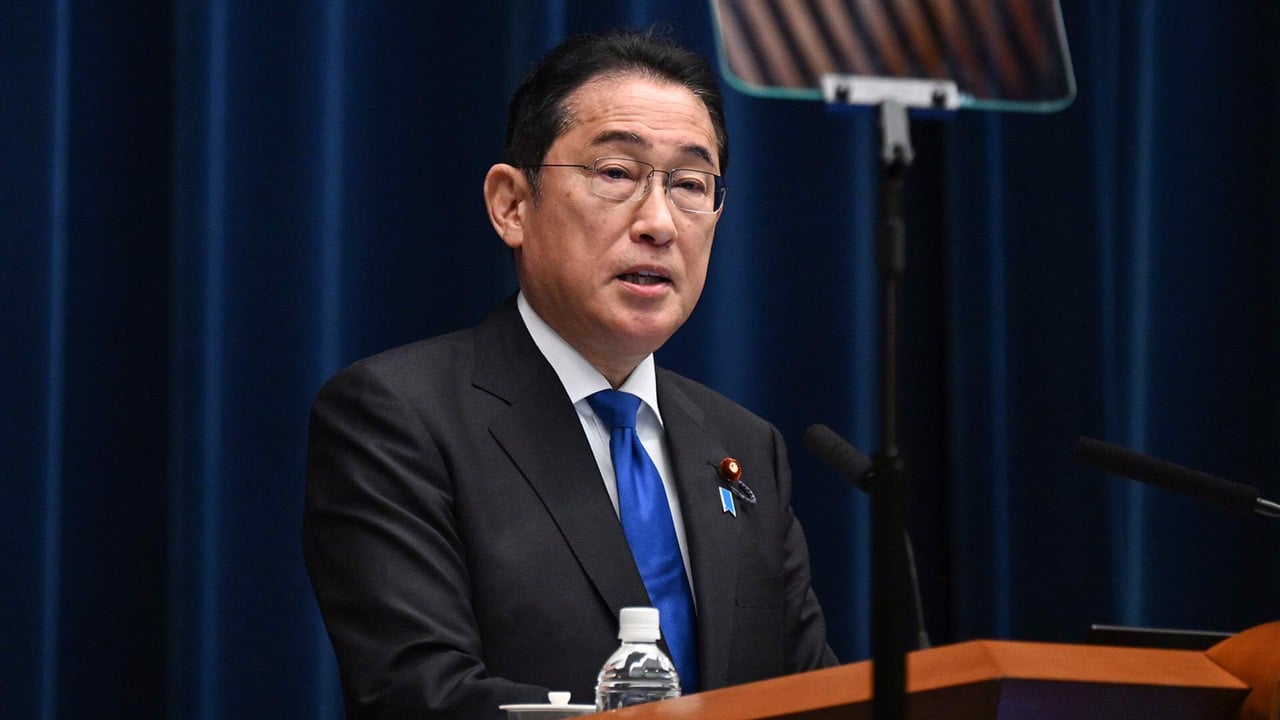
Prime Minister Kishida speaks at a press conference on August 14. Photo: Reuters
Kishida’s three years in office have been marred by corruption scandals. The most high-profile one, which broke out in late 2023, involved corruption within the ruling LDP, where some cabinet members hid and embezzled about 500 million yen ($3.4 million) in political fundraising over a five-year period.
The scandal-hit figures, including Chief Cabinet Secretary Hirokazu Matsuno, Economy Minister Yasutoshi Nishimura, Agriculture Minister Ichiro Miyashita and Internal Affairs Minister Junji Suzuki, submitted their resignations on December 14, 2023.
The revelation of the case has caused the Japanese cabinet to be heavily criticized, and as the head of the cabinet, Prime Minister Kishida has not been spared from being affected and influenced. The fact that Mr. Kishida's approval rating has dropped to a disciplinary low and forced him to reshuffle the cabinet as an inevitable consequence.
In addition, during his tenure, many policies proposed and enacted by Prime Minister Kishida have not met the expectations of the people and domestic opposition parties. A typical example is the National Assembly's enactment of the revised Political Fund Control Law, which was pushed by the ruling coalition, at the end of June 2024.
The amendments include mandatory disclosure of the identities of those who buy tickets to fundraising parties and changes to reporting rules on policy funds provided by parties to senior lawmakers. However, the Constitutional Democratic Party of Japan (CDPJ) and opposition parties say more drastic changes are needed, including a ban on corporate donations to political parties. On June 20, the CDPJ submitted a motion of no confidence in Prime Minister Kishida's Cabinet.
In addition, many members of the ruling LDP party no longer have confidence in Prime Minister Kishida's leadership ability. According to Kyodo, Prime Minister Kishida did not proactively make a decision despite his reputation having seriously declined. Mr. Kishida is said to still plan to run for election, but pressure within the LDP forced him to give up. Many people are concerned that, under Mr. Kishida's leadership, the LDP will face the risk of losing its ruling position in the National Assembly election in October next year.
Izvestia newspaper quoted expert Koichi Nakano, Professor at Sophia University in Tokyo, saying that Prime Minister Kishida's decision was not beyond the expectations of the country's politicians and media.
“The incumbent party leader cannot enter the race unless he is assured of a fair victory. If he fails to do so, he must resign. It is unacceptable for the LDP, which has been in power for so many years, to run for the top job and lose,” said Koichi Nakano, an expert on Japanese politics.
Who can replace Prime Minister Kishida?
On August 14, at a press conference, after listing the achievements during his term (measures to increase wages, stimulate investment, strengthen close cooperation with allies, especially the US), Prime Minister Kishida called on the new LDP leader to establish a unified political mechanism to restore people's trust.
However, the question of who will become the new prime minister remains open. Currently, the minister in charge of economic security, Ms. Sanae Takaichi, is considered to have shown the greatest ambition to take over the position. Ms. Takaichi is credited with passing legislation to establish an economic security screening system.
Ms. Takaichi ran against Mr. Kishida in the 2021 party leadership race. Japanese media described her as a “steadfast conservative” politician who frequently visits the Yasukuni Shrine, a controversial site honoring Japanese soldiers who died in war.
In addition, the Japanese media also listed a series of potential candidates, such as: (1) Ishiba Shigeru, 67 years old, former Minister of Defense (2007 - 2008), who served as Secretary General of the LDP (2012 - 2014). Mr. Shigeru has run for the leadership of the LDP four times. (2) Mr. Toshimitsu Motegi, 68 years old, who has held many important positions in the Japanese cabinet, such as Foreign Minister, Trade Minister, and is currently Secretary General of the LDP. (3) Taro Kono, 61 years old, currently serving as Minister in charge of Japan's digital programs. Mr. Taro Kono is known for his independent thinking but still follows important policies promoted by the late Prime Minister Abe. (4) Yoko Kamikawa, 71 years old, is the head of the Ministry of Foreign Affairs. Previously, Ms. Kamikawa was the Minister of Justice and held many other positions in the Government. (5) Shinjiro Koizumi, 43 years old, is known as the son of former Prime Minister Junichiro Koizumi and held the position of Minister of the Environment (2019 - 2021). While building the image of a reformer, Mr. Shinjiro Koizumi also showed caution so as not to offend veteran leaders in the party.
Analysts say that in the current complex domestic political context in Japan, the new prime minister needs to meet at least two important conditions. First, the new leader must be a fresh face, have no connection with Prime Minister Kishida, have reformist ideas and show voters that the ruling LDP will change. In addition, the leader of the ruling LDP must be a politician who can unite the party and manage the government effectively. Someone with experience will be better than someone who simply has a high popularity in public opinion polls.
Challenges await new cabinet
According to Russia's RBC newspaper, Director of the Center for Japanese Studies, Institute of China and Contemporary Asia, Russian Academy of Sciences, Valery Kistanov, commented that Prime Minister Kishida's successor and the new cabinet will face many difficulties and challenges.
The new prime minister's first task will be to unite a deeply divided LDP and tackle the problems of rising inflation. Japan's economic situation worsened in early August when the country's stock market fell more than 10%. About 90% of respondents complained that they did not feel any improvement in the Japanese economy.
Recently, the Japanese economy has shown signs of a worrying slowdown. The International Monetary Fund said that Japan's real GDP growth rate from 2000 to 2022 was only 0.7%, while Germany's was 1.2%. Therefore, over the past 20 years, Japan's real GDP has increased by only about 10%, while Germany's has increased by nearly 20%. As a result, Japan's GDP in 2023 will be smaller than Germany's, falling to fourth in the world, 13 years after being overtaken by China as number two.
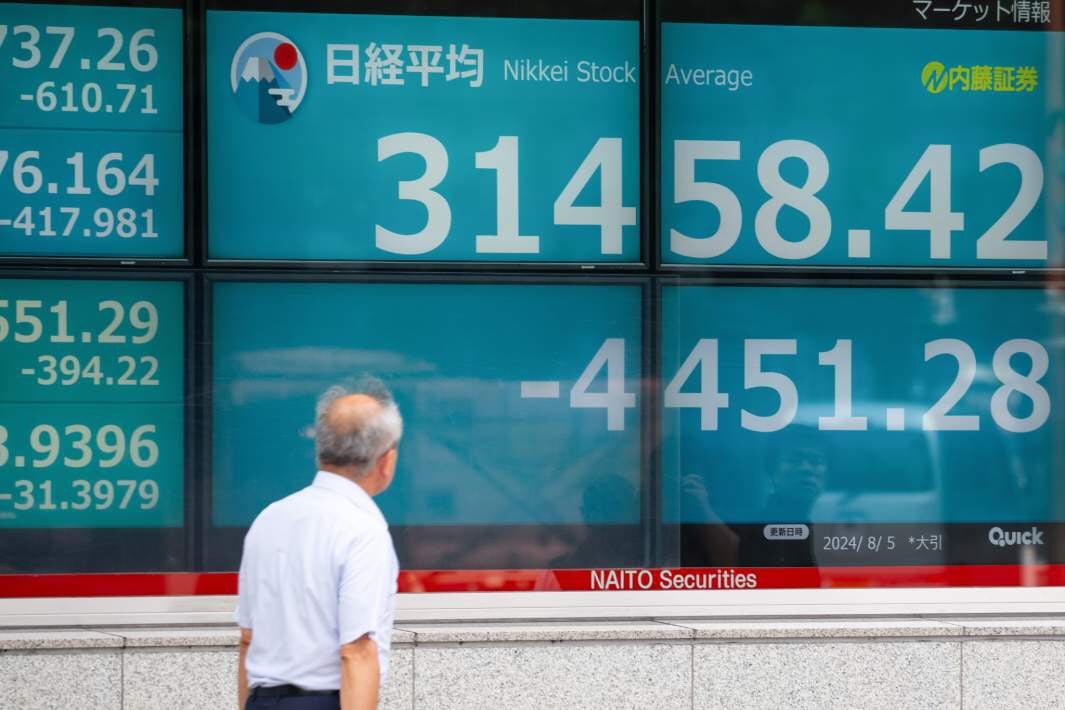
Japan's stock market plunges. Photo: Global Look Press
The new prime minister and his cabinet will also have to work to find solutions to Japan's aging population and low birth rate, which have been a problem for many years. According to Nikkei Asia, citing population statistics released in December 2023, in 2022 Japan will have fewer people aged 15-64 than in 1975.
This is also the first time since 1950 that this group of Japanese population accounts for less than 60% of the total population, reaching only about 59.5%. Experts are concerned that the problem of population aging is casting a shadow over Japan's economic prospects in the coming years. Therefore, businesses in this country must rely on technology and other measures to cope with the labor shortage that is forecast to become more severe in the coming time.
Regarding Japan's security - defense policy and foreign policy in the coming time, expert Valery Kistanov said that regardless of who becomes the new leader, there will not be any major adjustments compared to the previous administration in the context of the complicated and unpredictable political - military situation in the Northeast Asia region. The nuclear issue on the Korean Peninsula has "heated up" again recently when North Korea has continuously conducted missile and nuclear tests.
The territorial dispute between Japan and China over the Senkaku/Diaoyu Islands continues to escalate. On June 24, the Chinese Coast Guard announced that it had taken “necessary control measures” and “dispelled” four Japanese fishing boats and several patrol boats that entered the “territorial waters” of the Diaoyu Islands (which Japan also claims and calls the Senkaku Islands) between June 20 and 24.
According to Valery Kistanov, security challenges force the new Japanese prime minister and cabinet to increase the defense budget, step up military modernization, and continue to closely align interests with allies, especially the United States. Previously, on March 28, the Japanese Parliament approved the national budget for fiscal year 2024, in which the defense budget reached a historic high of 7.95 trillion yen (about 52.53 billion USD).
Ha Anh
Source: https://www.congluan.vn/ap-luc-buoc-thu-tuong-kishida-phai-rut-lui-post307889.html



![[Photo] Special class in Tra Linh](https://vphoto.vietnam.vn/thumb/1200x675/vietnam/resource/IMAGE/2025/11/14/1763078485441_ndo_br_lop-hoc-7-jpg.webp)


![[Photo] Deep sea sand deposits, ancient wooden ship An Bang faces the risk of being buried again](https://vphoto.vietnam.vn/thumb/1200x675/vietnam/resource/IMAGE/2025/11/13/1763033175715_ndo_br_thuyen-1-jpg.webp)

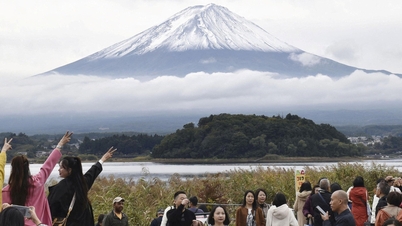

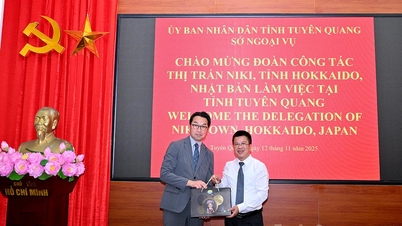




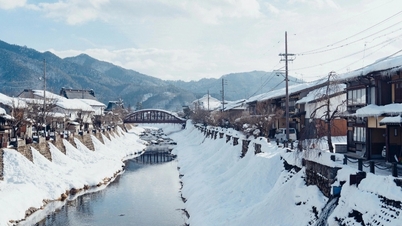
























































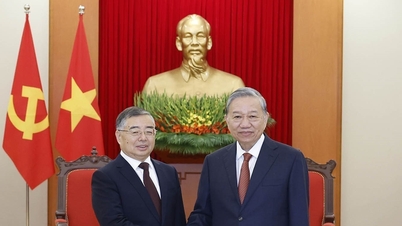
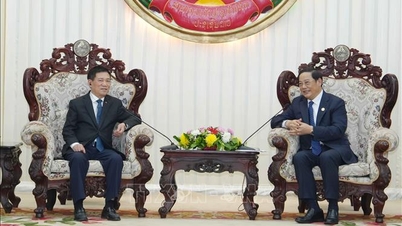


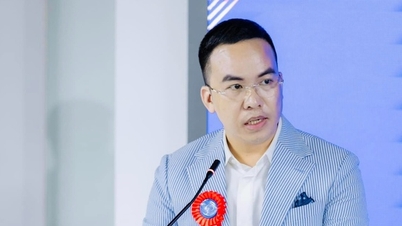


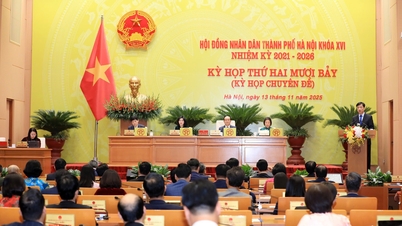

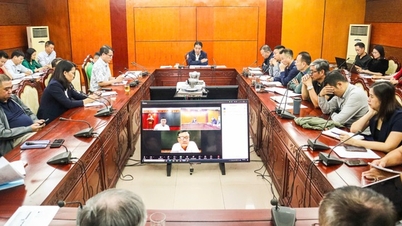

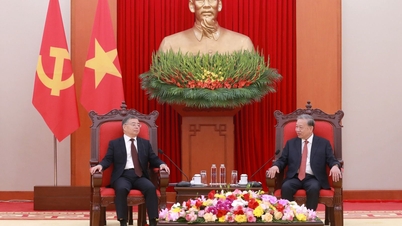
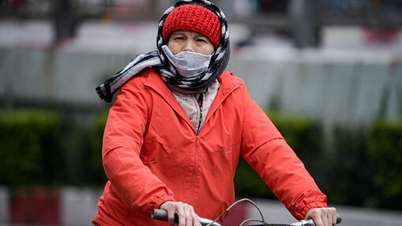





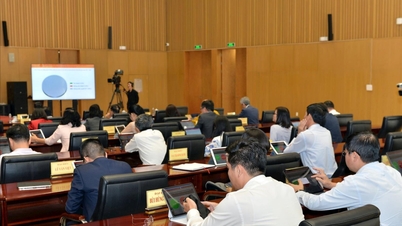

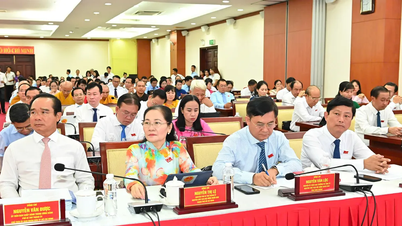

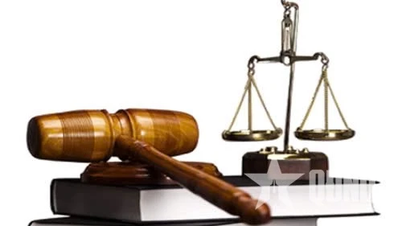






![Dong Nai OCOP transition: [Article 3] Linking tourism with OCOP product consumption](https://vphoto.vietnam.vn/thumb/402x226/vietnam/resource/IMAGE/2025/11/10/1762739199309_1324-2740-7_n-162543_981.jpeg)







Comment (0)